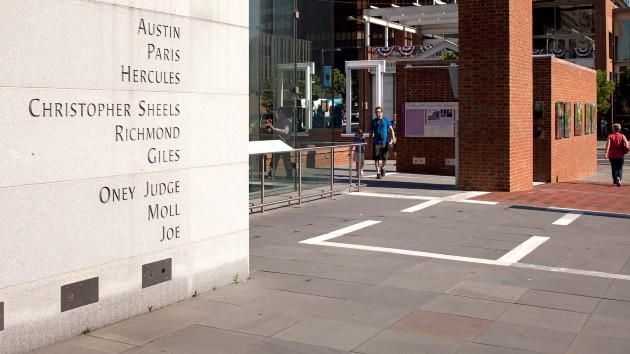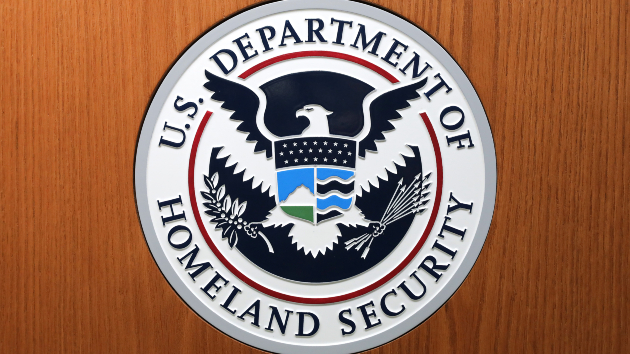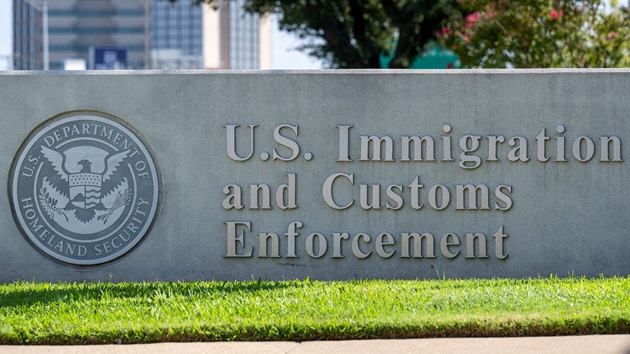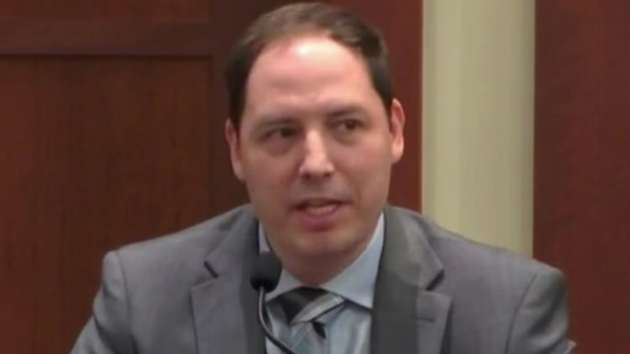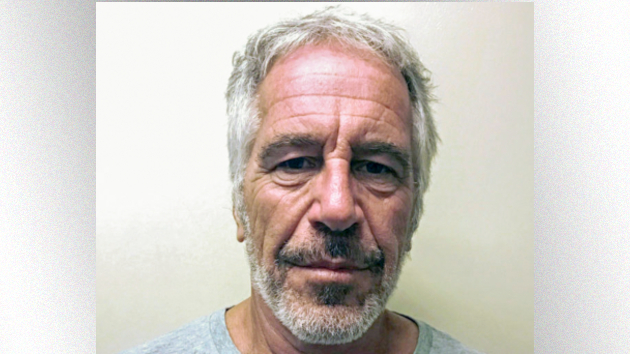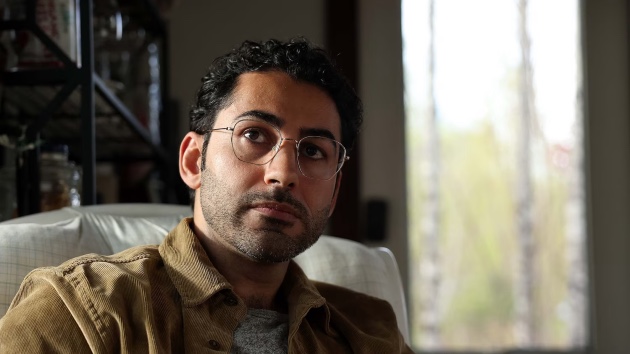
(NEW YORK) — A federal appeals court in New York will hear oral arguments Tuesday in cases involving two graduate students who claim they were unlawfully detained earlier this year by Immigration and Customs Enforcement as part of the Trump administration’s crackdown on pro-Palestinian campus activism.
The detention in March of Tufts doctoral candidate Rumeysa Ozturk was captured on a video that depicted a man in a hoodie stopping her on a street in Somerville, Massachusetts. Men and women in masks approached her and she was heard screaming as she was taken into custody.
Her attorneys said Ozturk, a Turkish national, spent six weeks in detention for writing an op-ed in her student newspaper the year before that criticized the university’s rejection of student government resolutions concerning Israel’s military campaign in Gaza. They called it “a shocking violation of the First Amendment.”
The federal government is appealing a lower court decision granting Ozturk release on bail while her immigration case is pending. Her attorneys urged a three-judge panel of the 2nd US Circuit Court of Appeals to reject it.
“Ms. Öztürk is now free, back living and studying in Massachusetts,” her attorneys said. “Respondents did something they had no power at all to do: unconstitutionally detain her to retaliate against and punish her for her speech in support of Palestinian human rights.”
The government is also challenging Mohsen Mahdawi’s release on bail.
Mahdawi, who was detained in April after completing his naturalization interview, had been outspoken on the Columbia University campus in opposition to the war in Gaza.
In both cases, the government argued that no federal court can hear a habeas challenge until the administrative immigration review process runs its course.
Mahdawi’s attorneys, and Ozturk’s attorneys, argued nothing in federal law allows for indefinitely detaining noncitizens before they can appeal the constitutionality of their detention.
“Any other conclusion would give the executive branch a powerful tool of unchecked censorship — the ability to detain noncitizens as punishment for their political viewpoints, thereby chilling the speech of untold others for as long as the government takes to administer its executive branch immigration procedures,” Mahdawi’s lawyers argued.
Copyright © 2025, ABC Audio. All rights reserved.
- New York attorney general launches federal immigration officer monitor project - February 3, 2026
- DHS warns of increasing trend in domestic partner poisonings - February 3, 2026
- Judge orders Trump admin to ‘mitigate’ further ‘damage’ to slavery exhibit panels as Philadelphia fights their removal - February 3, 2026

